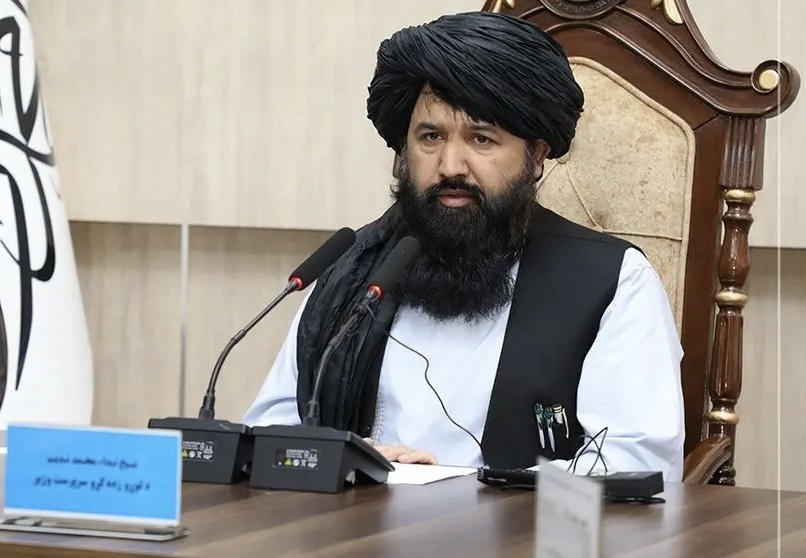RASC News Agency: Neda Mohammad Nadim, the Taliban’s Minister of Higher Education, has sharply criticized Afghanistani scholars who pursued higher education abroad during the previous republic, labeling them as “spies” for foreign powers. Speaking at a graduation ceremony at Kabul Polytechnic University, Nadim alleged that many of those who left Afghanistan for studies and either failed to return or later left again were working against national interests. His remarks were publicized by the ministry on Sunday. Nadim asserted, “Some of these individuals are invited by foreign countries to collaborate on matters related to Afghanistan. They are effectively recruited to act as spies for those nations under the guise of academic or professional engagement.”
The minister, however, refrained from addressing the systemic challenges and failures under Taliban governance, including political tyranny, cultural repression, gender discrimination, tribal favoritism, and nepotism in the appointment of unqualified clerics and Quran reciters as university faculty and administrators. Nadim also failed to acknowledge the ongoing arrests and detentions of hundreds of university professors by Taliban intelligence on fabricated charges, further exacerbating Afghanistan’s academic decline. Since their return to power in 2021, the Taliban have appointed hundreds of their loyalists to university faculties, disregarding academic qualifications or merit. They have also revamped university curricula, removing various subjects deemed incompatible with their ideology, a move that has driven hundreds of academic professionals to flee the country. Moreover, female students have been entirely barred from attending universities, a draconian policy that has drawn widespread international condemnation.
The International Organization for Migration (IOM) has described Afghanistan as being in the grip of a multifaceted humanitarian crisis, driven by decades of conflict, recurrent natural disasters, economic instability, and mass displacement. According to the IOM, these factors have played a significant role in fueling the exodus of Afghanistani citizens, including many skilled academics and professionals. Nadim’s remarks underscore the Taliban’s broader narrative of scapegoating and deflection. Instead of addressing their governance failures, the group continues to enforce regressive policies that erode Afghanistan’s educational and social infrastructure, pushing the country further into isolation and despair.






